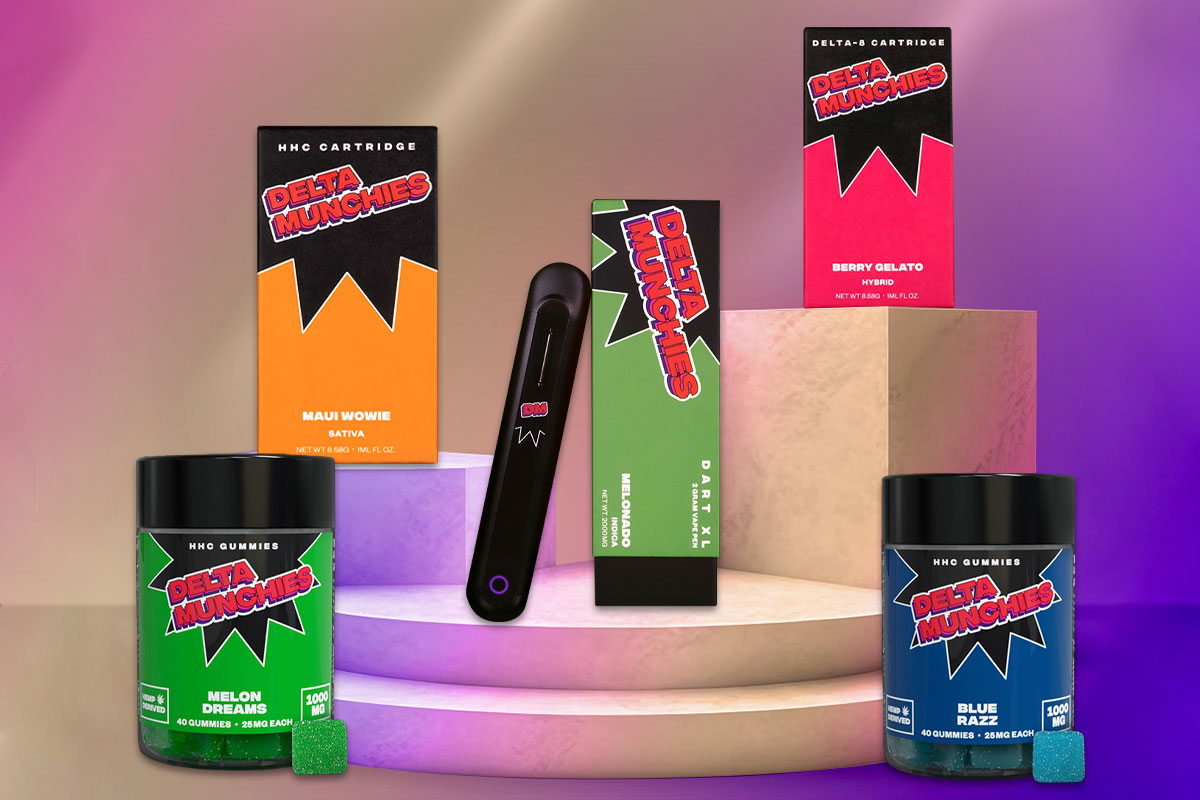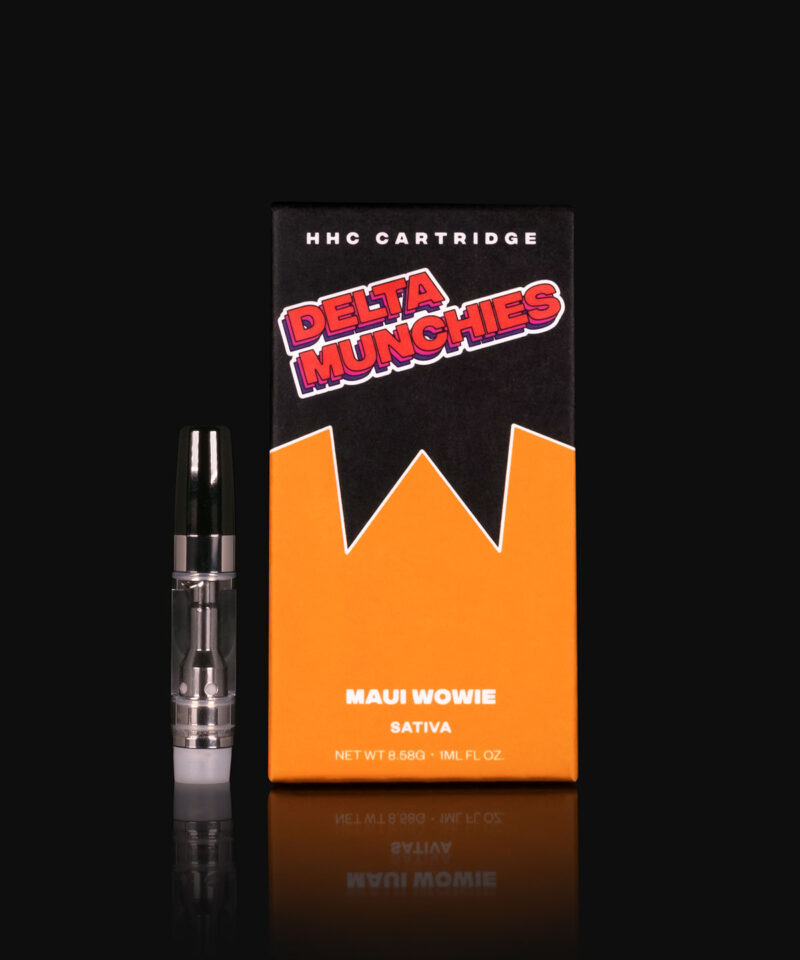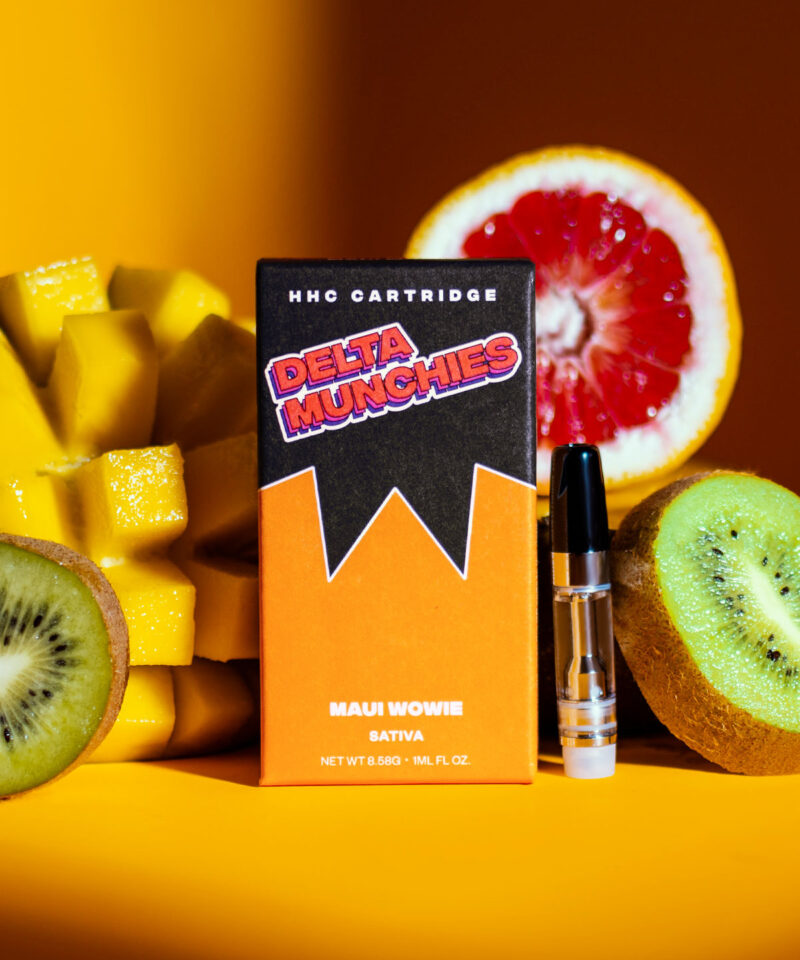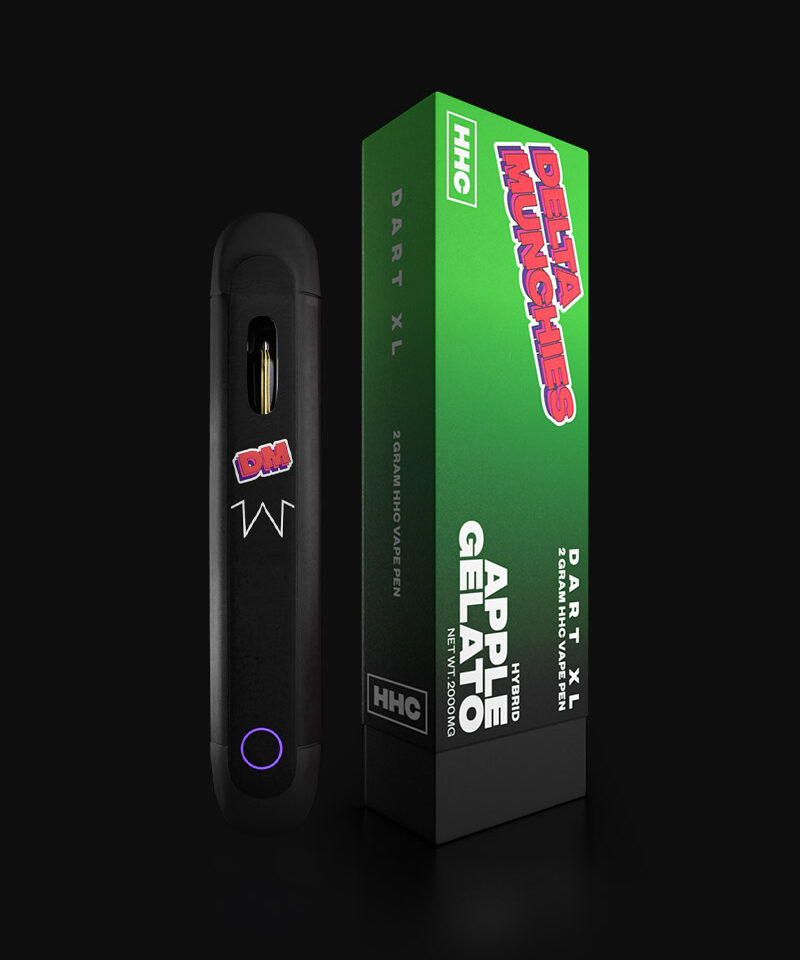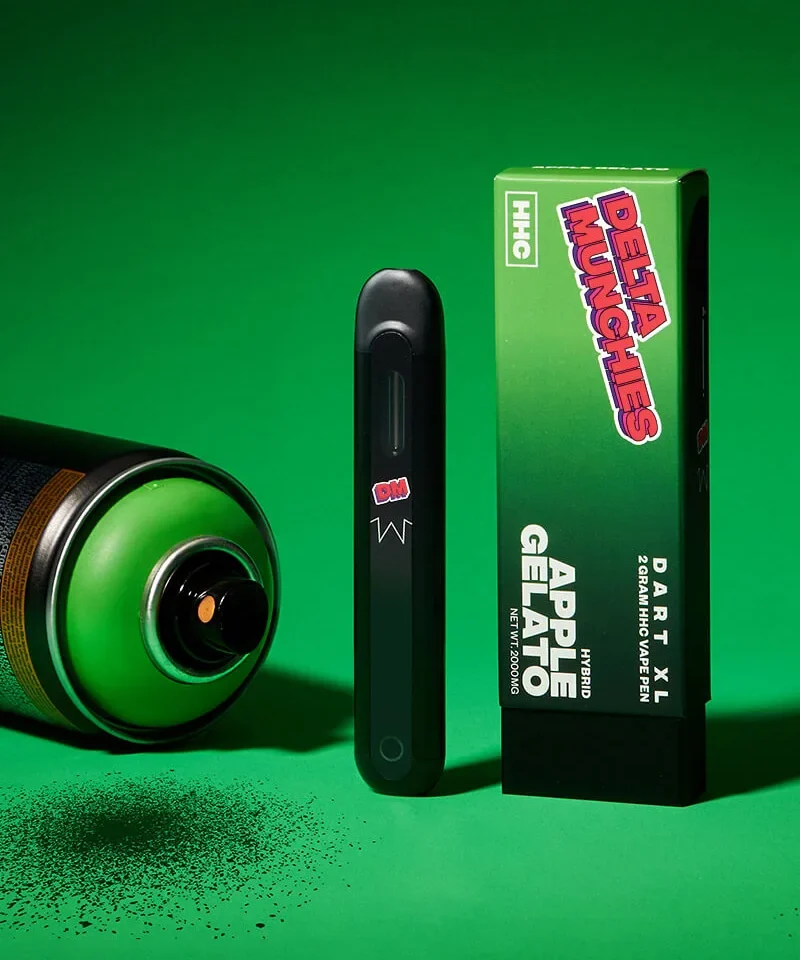Alternative Cannabinoids, HHC, Informative
HHC vs. THCO: How Are They Different?
The cannabis plant contains various cannabinoids, with the most popular ones being THC and CBD.
However, there are various other cannabinoids that are going mainstream. Some of sourced directly from the plant, while others need to be synthesized. Two prime examples of these cannabinoids are HHC and THCo (also known as THC-O, THCo, and THC-O acetate).
While these two compounds have similar features and effects, they also differ in numerous ways. So, what are the differences and similarities between HHC and THC-O?
But before we move on, try our best-in-class HHC products!
Key Takeaways
- HHC is a hydrogenated form of THC, and they have similar effects.
- THC-O is created through the acetylation of THC and is highly potent.
- Both HHC and THC-O are psychoactive compounds.
- HHC and THC-O have key differences in origins, manufacturing processes, chemical structures, and more.
What Is HHC?
Hexahydrocannabinol, referred to simply as HHC, is a hydrogenated form of THC, naturally found in the pollen and seeds of different varieties of cannabis.
HHC can only be found, however, in small quantities. The easiest way to get a huge amount of HHC is to hydrogenate THC. Hydrogenation of a chemical structure involves including hydrogen atoms to make the chemical structure more stable.
This same process is used to make margarine out of vegetable oil, thereby increasing its shelf life. This process, therefore, changes the molecule completely from THC to HHC. If you’re still wondering what HHC vs. THC is, HHC is hydrogenated THC, but they are both cannabinoids.
Potency of HHC
Despite going through the process of hydrogenation, the effects and potency of the HHC cannabinoid remain unchanged. HHC has the same impact on a person’s mind and body, only that there may be slight differences in these effects.
HHC has been thought to have between 70 and 80 % of THC’s strength. This makes it more potent than delta 8 and delta 10.
With moderate doses of HHC, one can induce the same or almost the same euphoric effects similar to THC but with a more relaxing or sedative effect that can be attributed to delta 8. In other words, when comparing HHC vs THC high, the differences are insignificant.
Is HHC a Synthetic Cannabinoid?
Hexahydrocannabinol is considered to be both a natural and semi-synthetic cannabinoid. The difference is in how it was sourced.
When it appears naturally in small quantities in cannabis, it is considered to be a natural cannabinoid. When HHC is chemically hydrogenated from THC, it is considered to be semi-synthetic in this case.
It is important to note that when THC oxidizes into cannabinol (CBN), tiny concentrations of HHC become present. There are also tiny amounts of delta 8 and delta 10 THC when this process happens.
Effects of HHC
HHC’s chemical makeup is very similar to that of delta 9 THC. The effects of HHC are, therefore, very similar to the effects delta 9 THC produces. HHC has stronger effects than delta 8 THC but is weaker when compared with THC-O, in terms of psychoactive effects.
The effects of using HHC include:
- Promotes pain reduction
- Relief from symptoms associated with anxiety
- Mental and bodily relaxation
- Pleasure
- Sedative effects
Side effects of using HHC may include; dry eyes, dry mouth, anxiety, paranoia, nausea, red eyes, increased appetite, sleep disturbances or insomnia, a drop in one’s blood pressure, etc.
Is HHC Psychoactive?
HHC produces psychoactive effects in users, so if your question is, “will HHC get me high?” The answer is most definitely YES! The high you get from HHC compared to THC is slightly different. The high that HHC produces is similar to and even higher than the high of delta 8 THC.
HHC has about between 70 to 80% of THC’s strength.
HHC has been said to produce a euphoric type of high by users and could be the best option for users looking to enjoy the benefits of THC without the intense psychoactive effects that accompany it.
In other words, there is only just a bit of difference between HHC high vs. THC.
What is THC-O?
Remember that HHC is hydrogenated THC. Tetrahydrocannabinol acetate or THC-O acetate is a synthetic analog of THC. It is achieved by the process of acetylation of THC. It is a chemical produced from tetrahydrocannabinol acid (THCA).
THCA is what you get before THC is decarboxylated. THC-O can be created by adding sulfuric acid and acetic anhydride. When heat is applied to this combination of chemicals, THCA is transformed into a highly active form.
THC-O is known to have a very strong potency level, even though it is synthetic in nature. Its structure has also been said to be similar to that of delta 9 THC.
Potency of THC-O
THC-O is known for its extreme potency levels. It is a synthetic cannabinoid, cannot be extracted from the cannabis plant, and is produced in highly pure delta 8 or delta 9 concentrations.
THC-O is very potent; it has more than twice the potency of delta 9 THC and is psychoactive. THC-O can be consumed in various forms. They include inhalation, vaping and oral use.
According to users, THC-O is best consumed orally. While vaping and inhalation can produce really significant effects, users agree that consuming it orally produces the most profound effect.
Is THC-O a Synthetic Cannabinoid?
THC-O, unlike HHC, is a synthetic cannabinoid. Unlike HHC, it can’t be extracted from the pollen or seed of cannabis plants. It is produced through the acetylation of THC or THCA.




